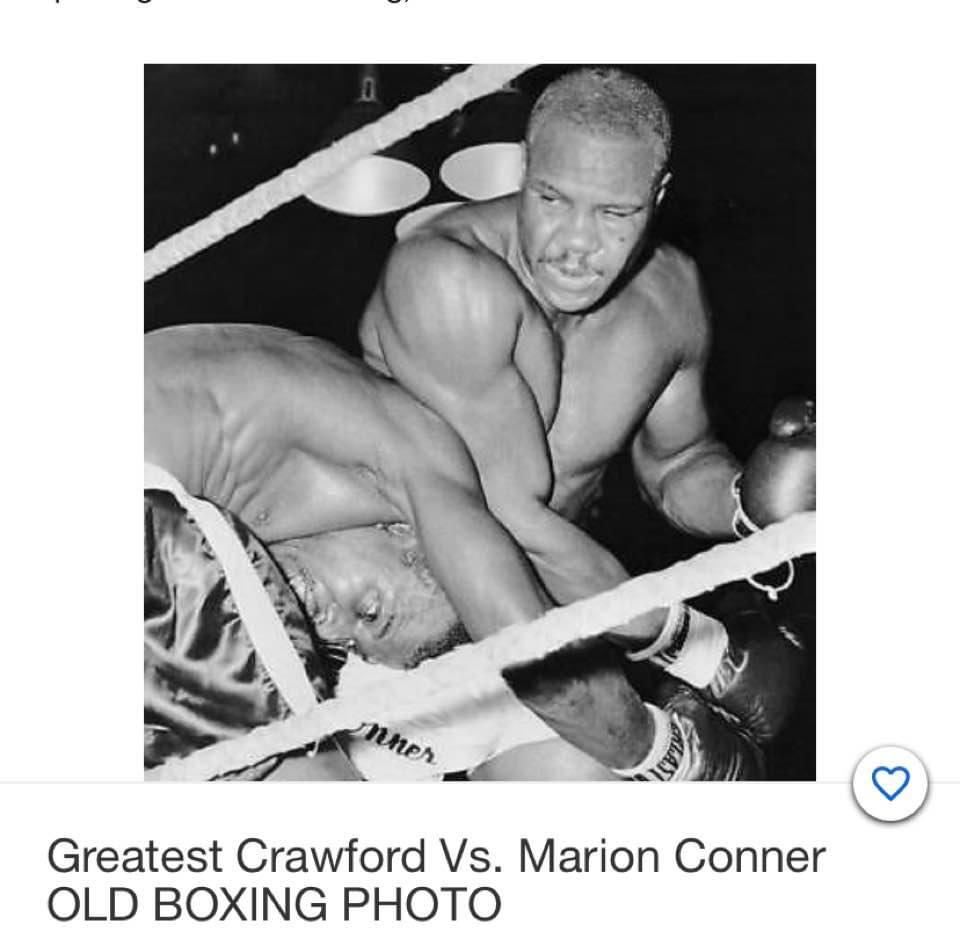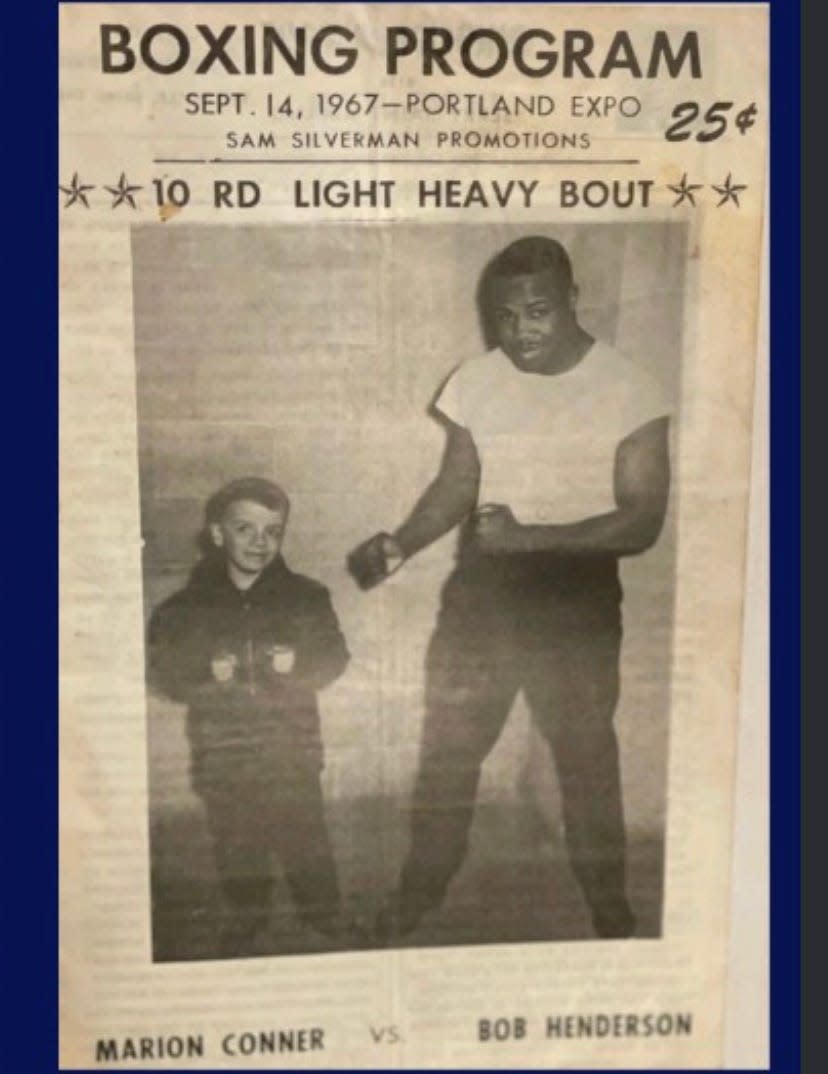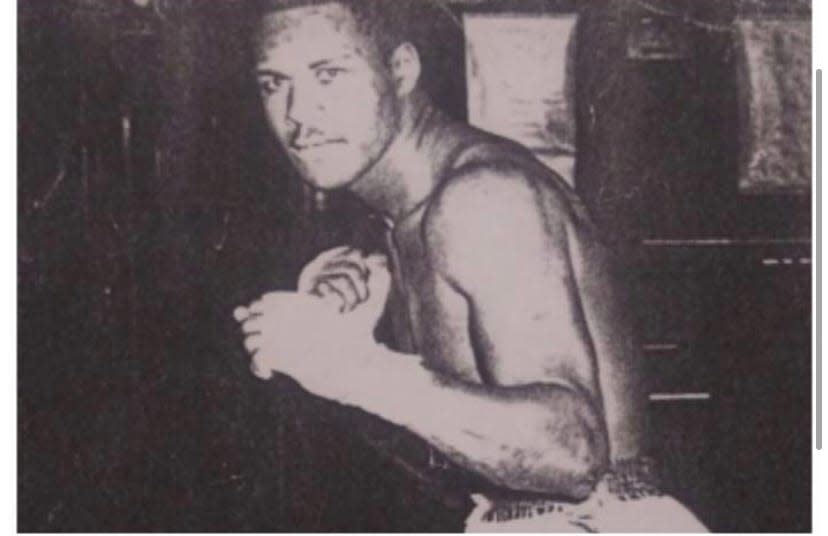Marion Conner's life is what is meant by "Black history"

- Oops!Something went wrong.Please try again later.
- Oops!Something went wrong.Please try again later.
For some months now, we've been squabbling over history without really bothering to learn any of it.
We often make it more complicated than it is. History simply is a narrative, a collection of stories of what happened when ordinary people met a moment.
History is what happens when destiny calls and someone decides to answer, knowing that doing so could change their life.
In the case of Black History Month, it's about celebrating Americans who made the choice to reject the false roadblocks of inferiority in the pursuit of happiness.
Black history is the retelling of how people were determined to use the talents and gifts they were given despite being told by the larger culture that they had none.
Every community has history. The lucky ones have some Black history. They may not always realize it because history doesn't always look the way it does in books.
More Charita: Who killed Horace Jones?
Sometimes, it appears in the form of a soft-spoken man with hard fists, who used them to become one of the best boxers in the world.
Marion Conner, a Golden Gloves champion and world-ranked professional boxer, who carried Canton with him wherever he fought, died earlier this year at 81.
Historically, the boxing ring has been one of a few places where a Black man could compete on an equal footing, but it doesn't mean he wasn't resented. In 1910, on the eve of Jack Johnson's historic fight with James Jeffries, the Canton Repository ran a cartoon depicting Johnson as a gorilla.
Many Americans were in hysterics at the thought of Jeffries being beaten by Johnson, whose talent was only surpassed by his unrepentant swagger.
Conner made his professional debut in 1962, during the golden age of boxing in Canton, but it also was a time in which one of top light-heavyweight boxers in the world probably couldn't get a table in most downtown restaurants.
But the story of Black History Month reminds us that such things have never been enough to stop progress.
A quiet warrior, Conner didn't fit the current idea of a boxer as a flashy, mouthy quasi-entertainer. He wouldn't have known what to make of pay-per-view celebrity boxing matches, or someone like Connor McGregor.
Boxing is the most fundamental of all sports. It has always been brutal, even primordial, but Conner never lost his humanity and kindness. He remained unchanged by his friendship with Muhammad Ali and his bouts with some of the biggest names in the sport, including Joe Frazier.

He was a dedicated husband and father who frequently fought up and down the East Coast to support his wife and three children. He found more fame there than in his own state. In 2012, the city of Boston hosted a ceremony honoring Conner and other boxers.
More Charita: LeBron James made some news ... and nobody noticed
But Canton was home, the place he chose to hang up his gloves once his fighting days were over.

In this business, it's not unusual to cross paths with people who elbow to the front of the line and demand that attention be paid. Marion Conner was never one of them, in a way, to his detriment.
The irony about history is that although it is the foundation upon which we stand, it is also fragile. It can be easily lost in the noise and cares of the present. Worse, it simply can be ignored if we fail to see the value in the lessons and warnings it offers us.
If they could, the people who made history, who made the path easier for us most likely would be gracious, encouraging us to make the most of our moments.
But they shouldn't be forgotten. Marion Conner should be honored, not just for his athleticism, but for the gift of his example.
Charita M. Goshay is a Canton Repository staff writer and a member of the editorial board. Reach her at 330-580-8313 or charita.goshay@cantonrep.com. On Twitter: @cgoshayREP
This article originally appeared on The Repository: Charita Goshay: Canton's Marion Conner embodied Black history

